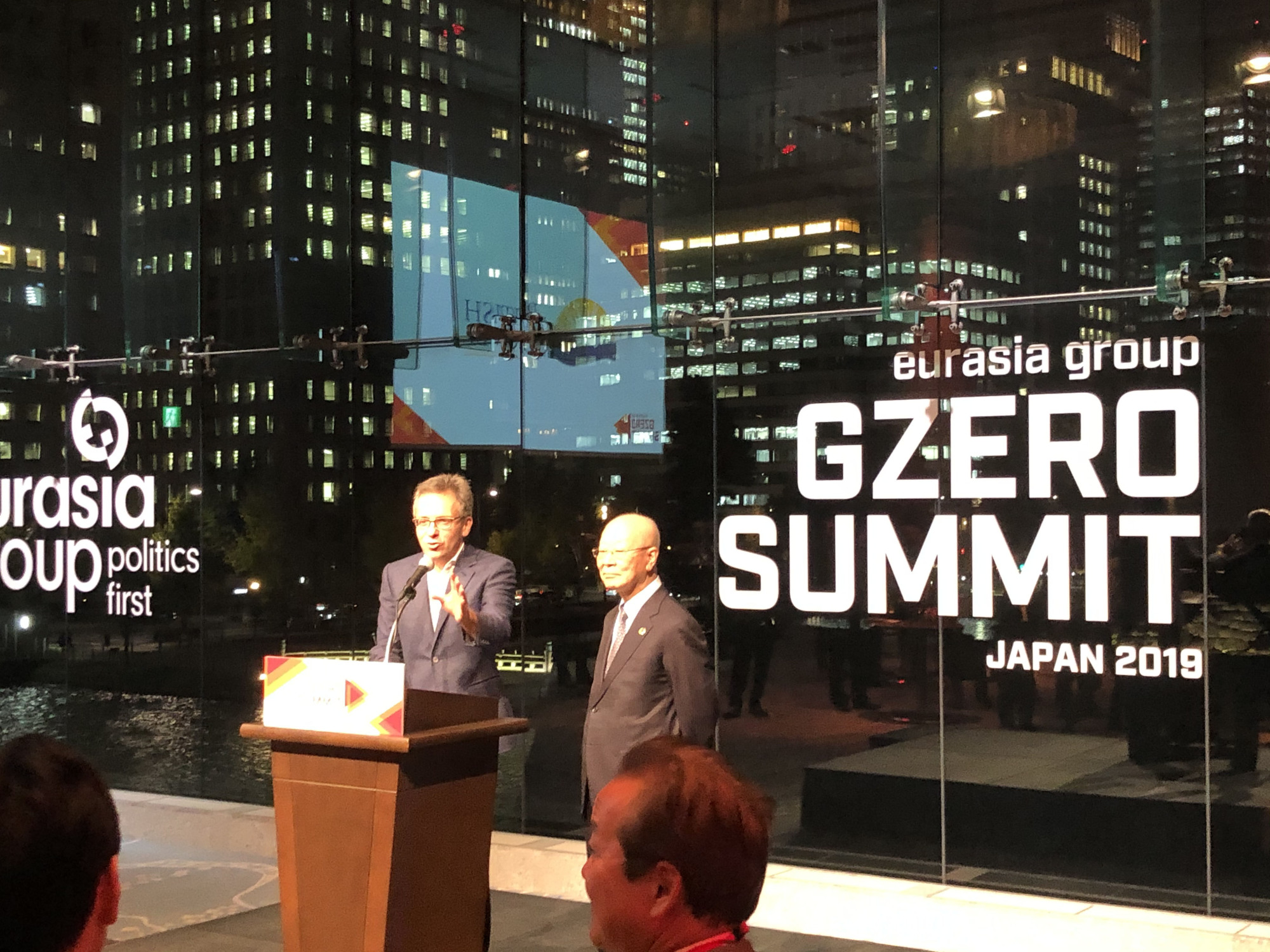On Monday, geopolitical risk firm Eurasia Group held its second G Zero Summit in Tokyo. Key themes revolved around the end of American hegemony, the geotechnical rivalry between the United States and China, the rise of populism and Japan's emerging leadership role in forging a new rules-based order in the Indo-Pacific and globally.
The G-Zero concept comes from the Eurasia Group’s Ian Bremmer, who penned a book in 2012 by the same name. In short, his argument is that the world no longer has a global leader as it did for most of the postwar period. For Bremmer, a leaderless world means more authoritarianism, the inability to deal with global challenges such as climate change and the erosion of the norms, values and institutions that have brought so much peace and prosperity in the postwar period.
Much of Bremmer's prognostications have, unfortunately, become reality.

















With your current subscription plan you can comment on stories. However, before writing your first comment, please create a display name in the Profile section of your subscriber account page.